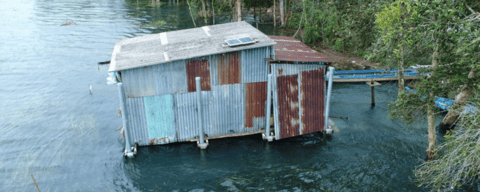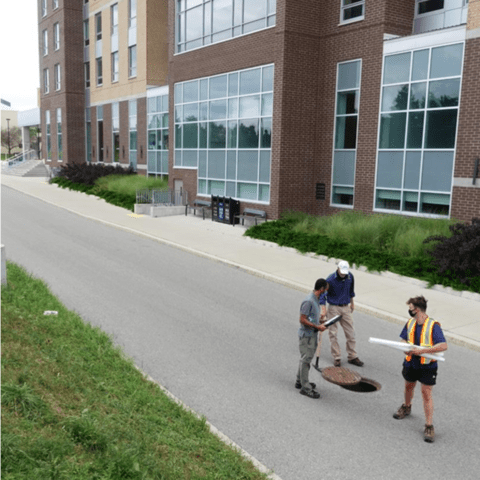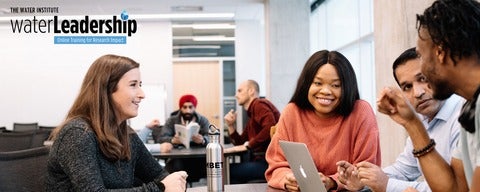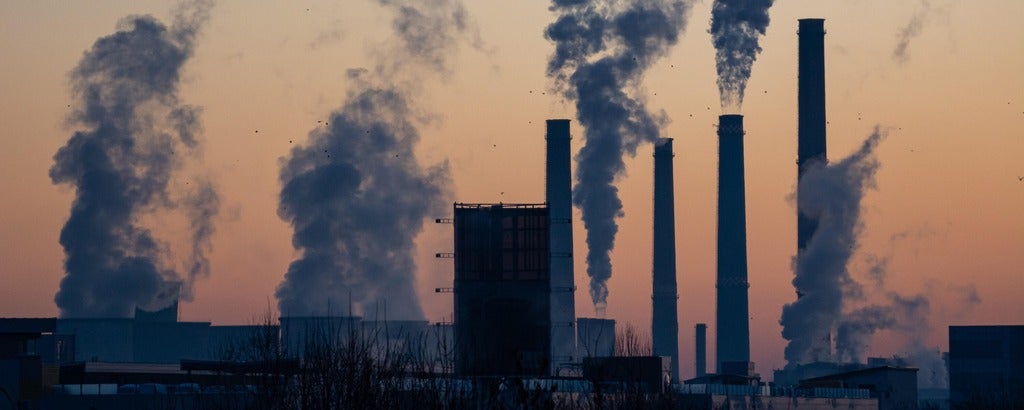Learn the art of engaging virtual presentations in this month’s WaterLeadership
In the era of Covid-19, many conferences, workshops, and in-person events have moved online. This trend is expected to continue into the future. As such, you may be asked to present your research in a virtual format. This creates many new challenges that can be difficult to navigate. While many presentation skills and best practices apply to both in-person and virtual presentations, expert presenters understand the importance of adjusting their approach to ensure a connection with a virtual audience.









